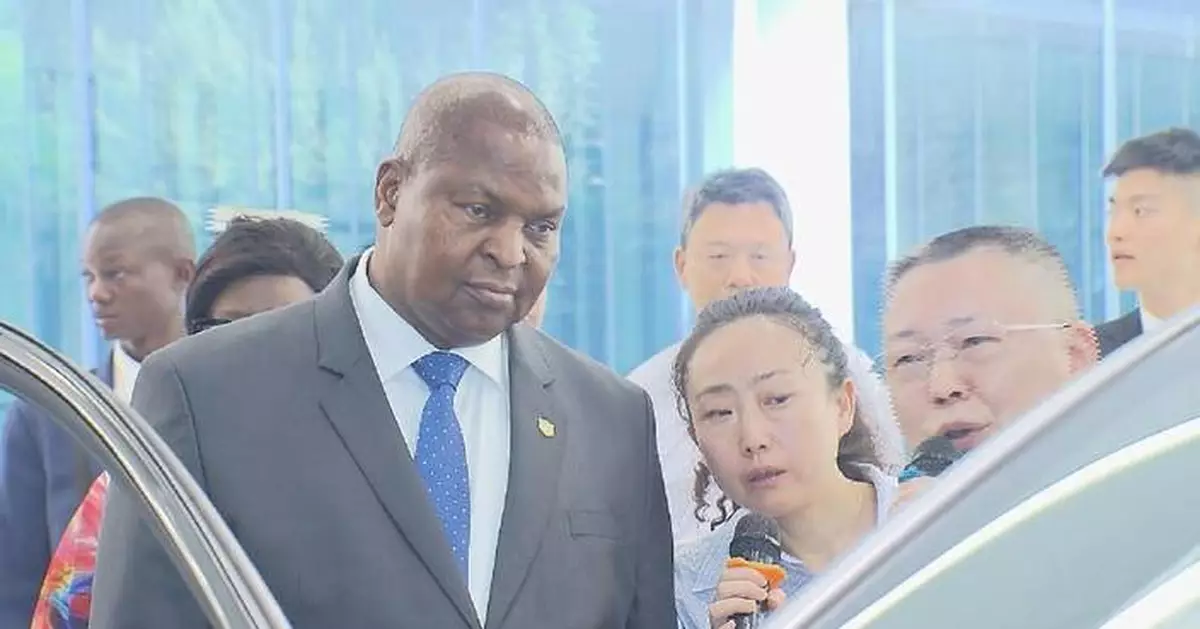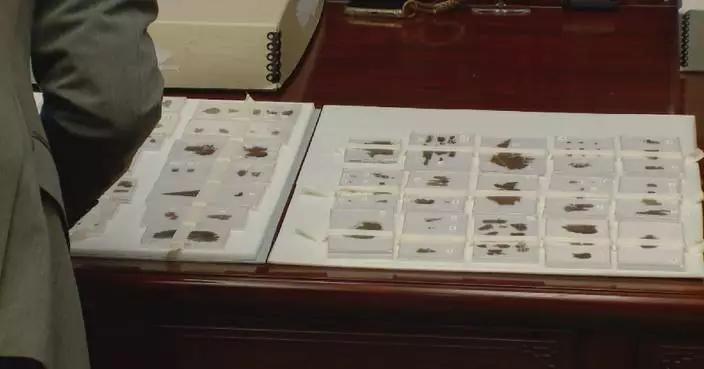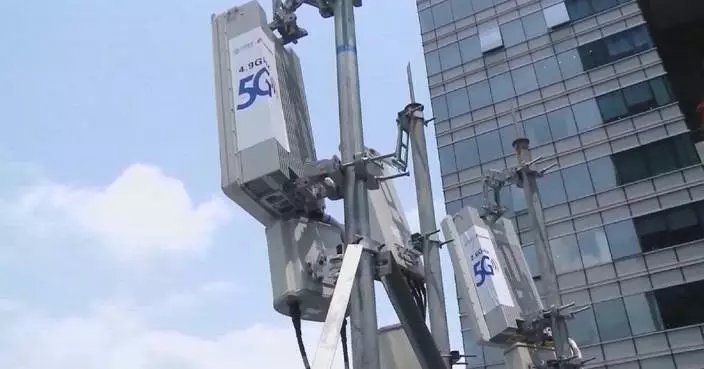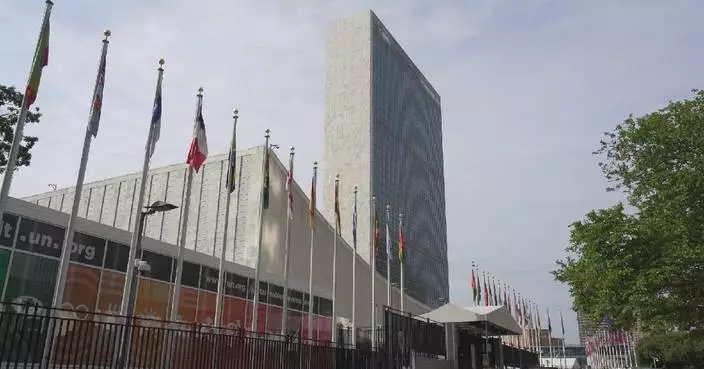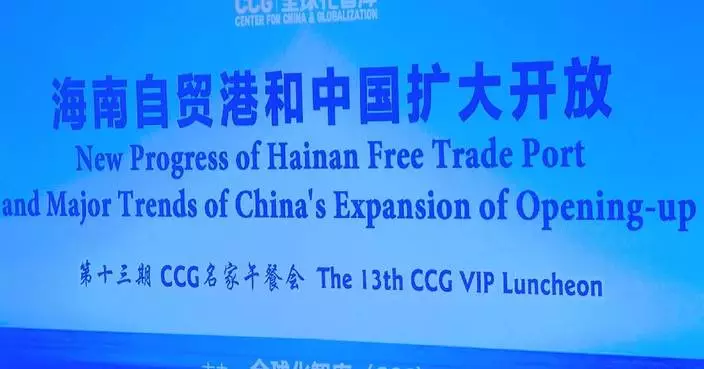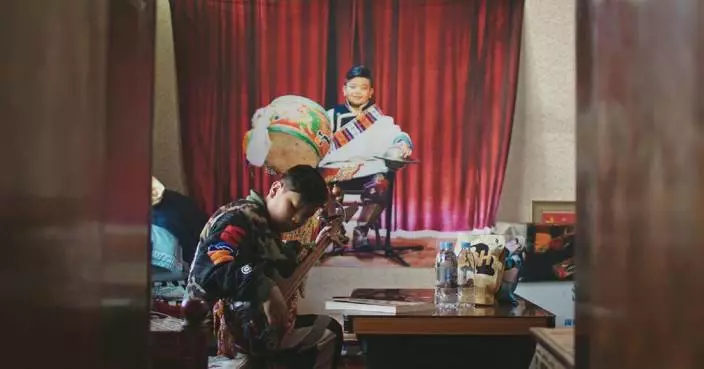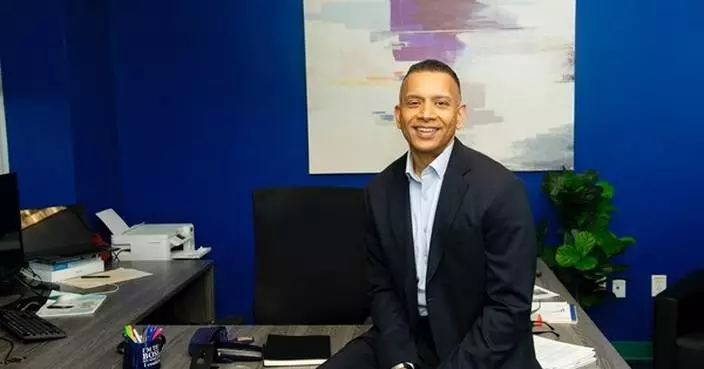President of the Central African Republic Faustin-Archange Touadera visited southwest China's Chongqing Municipality from Aug. 28 to 30, before going to Beijing for the 2024 Summit of the Forum on China-Africa Cooperation (FOCAC).
Touadera visited a modern agricultural high-tech park, where he learned about an artificial intelligence aquaponics system, which hydroponically cultivates organic vegetables with smart sci-techs and feeds fish with robots. He showed great interest and asked many questions. He also asked detailed questions about agricultural products at a sci-tech achievement exhibition area.
At an inland international logistics hub exhibition center, Touadera listened to explanations on Chongqing's development system featuring "transport routes driving growth of logistics, logistics driving growth of economy and trade, economy and trade driving growth of industries, and industries pooling production factors." Touadera said he learned a lot of experience in the development of logistics.
The president of the Central African Republic also took a train to get a first-hand understanding of the facilities and technologies of Chongqing's rail transit system. He received a train model as a gift.
At the municipality's planning exhibition center, Touadera spent one hour on getting in-depth understanding of Chongqing's changes, natural conditions, culture, transport network, and planning on territorial spaces.
Touadera ended his visit at a global research and development center of China's leading automaker Changan. He listened to the introductions of different vehicle models and asked questions about vehicle performance, price, and other aspects. He also watched a demonstration of automatic parking.
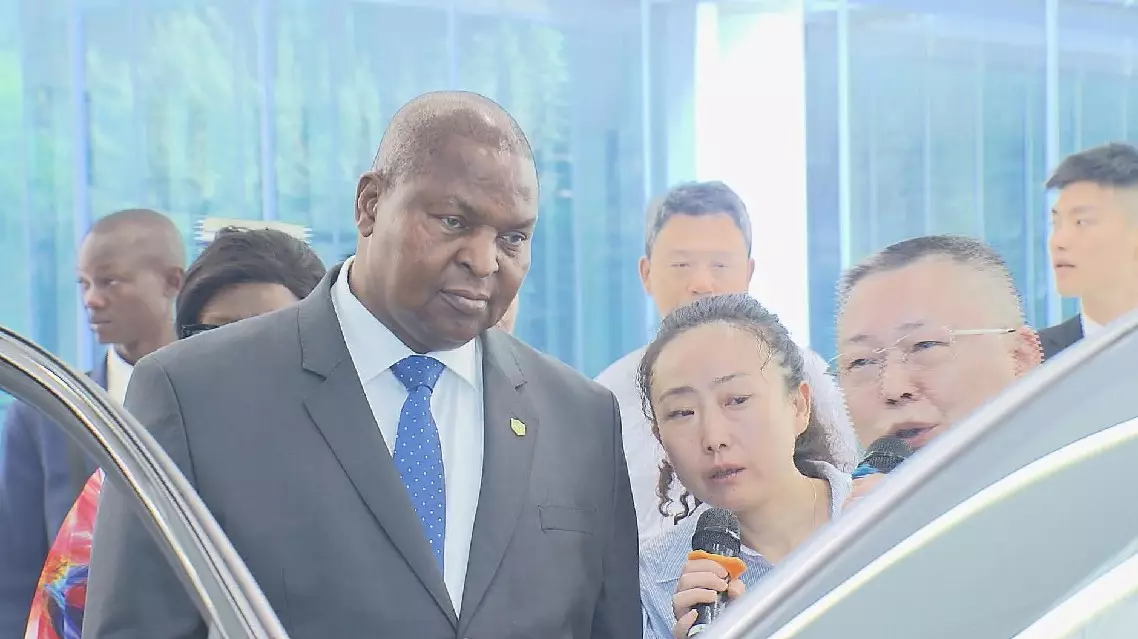
President of Central African Republic visits Chongqing
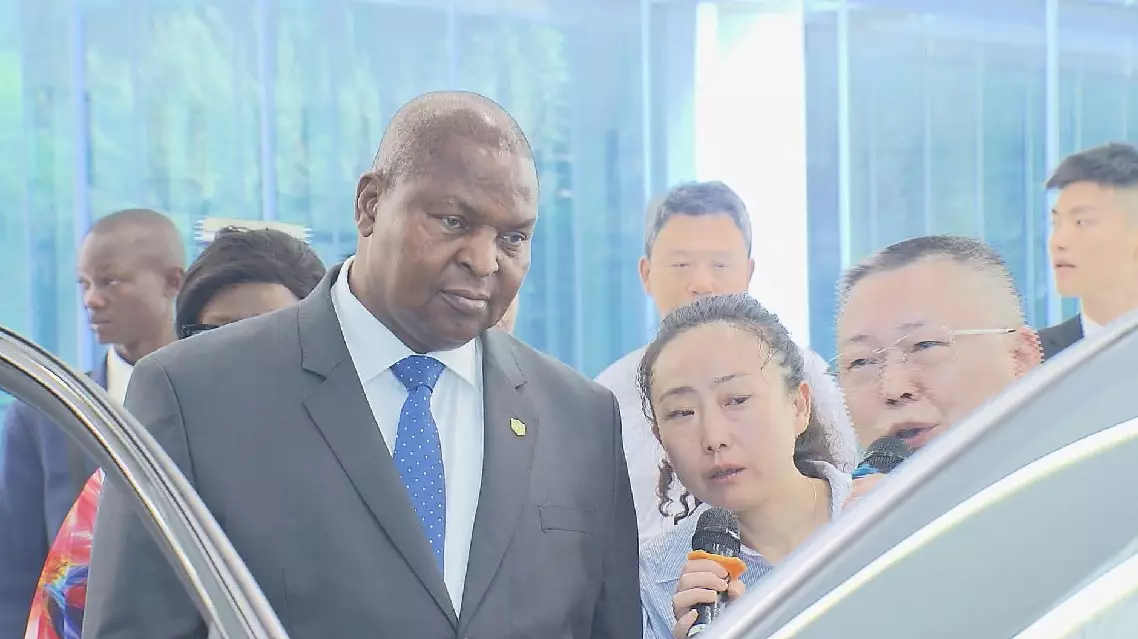
President of Central African Republic visits Chongqing


